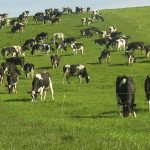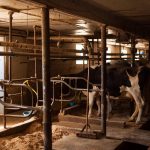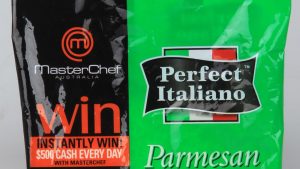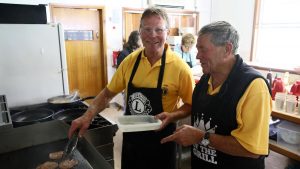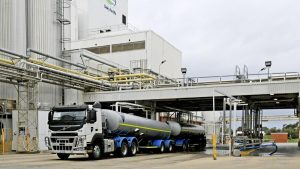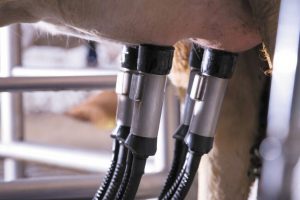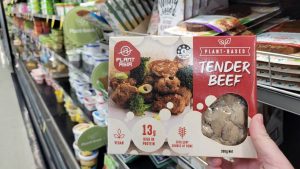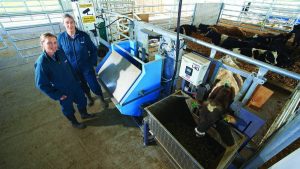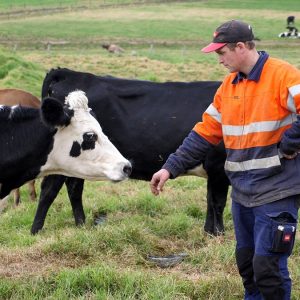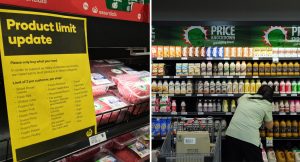
Sydney Royal Show has brought together the greatest breeders of dairy cattle last week, and all of them are voicing similar concern – the future of their industry hangs in the balance.
Semex area representative and royal show dairy announcer David Ninness shakes his head at the decline – including the fall-out affecting related industries from the sales of semen to white goods – as whole communities bear the cost of losing family farms to large corporate entities.
Figures gleaned from Dairy Australia show the number of farms in NSW falling from 3601 in 1980 to 626 last year. The number of cows has not declined at the same rate, 311,000 to 182,000 over the same period, which tells the tale of larger enterprises absorbing the smaller ones.
“It is sad to see the next generation of dairy farmers not able to go on because their family farms are not viable,” Mr Ninness says.
Wingham, NSW, dairy producer Natasha Yarrington, chair of the Mid Coast Dairy Advancement Group and exhibitor of Brown Swiss, remains frustrated by political inaction.
“We must keep talking about this issue,” she says. “We must keep the pressure on our politicians. It seems our governments don’t put a value on what the dairy industry does for our rural communities. We are losing generations of families in droves and with them goes knowledge and experience.
“Our next key issue is the impact of vegan activism on our industry. We keep trying to educate and offer information but it doesn’t seem to be enough. It appears consumers would rather buy cheap imported products rather than spend money on top quality products that are safe and which support Australian families.”
Breeders of the reserve senior champion Jersey cow, Craig and Julie O’Meara of Cobargo, NSW, claimed the bitter-sweet royal ribbon knowing their 10 children would no longer be part of an industry that sustained the family for five generations.
“We had to make a tough decision to leave the farm so we could afford to give the kids an education,” said Mr O’Meara who now makes more money as a builder.
“I worked my whole life to buy our farm and yet we were going broke. I’m glad we made our decision before the drought or we would have absolutely nothing now.”
Meanwhile, niche dairy products are offering a lifeline to savvy producers willing to risk some of their production on conscious consumers.
The Menzies and Boyd families, Brunchilli Farming Trust at Numbaa, near Nowra, NSW, have gone home with the dairy interbreed champion trophy for their Jersey cow and will return to daily business, which is looking up thanks to growing demand from boutique processors.
Hayley Menzies, who also adjudicated in the young dairy judging competition at Sydney Royal, said niche offerings like cold-pressed raw milk offered more scope for profitable return but the process was still too expensive to appeal to a mass market.
She also said it was encouraging to see small processors of cream and cheese visit dairy families in the cattle sheds at Sydney Royal, keen to purchase milk directly.
However David Gray, a South Australian dairy farmer completing a dual degree in agriculture and business at the University of New England – and who won his category in the dairy judging competition – warned that small processors typically failed to take consistent supply and that it might be better to let the big corporate processors deal with at end of the business.
In fact, the new-generation agriculturalist said larger corporate farms would continue to offer a future for young farming families which in turn would support regional communities.

